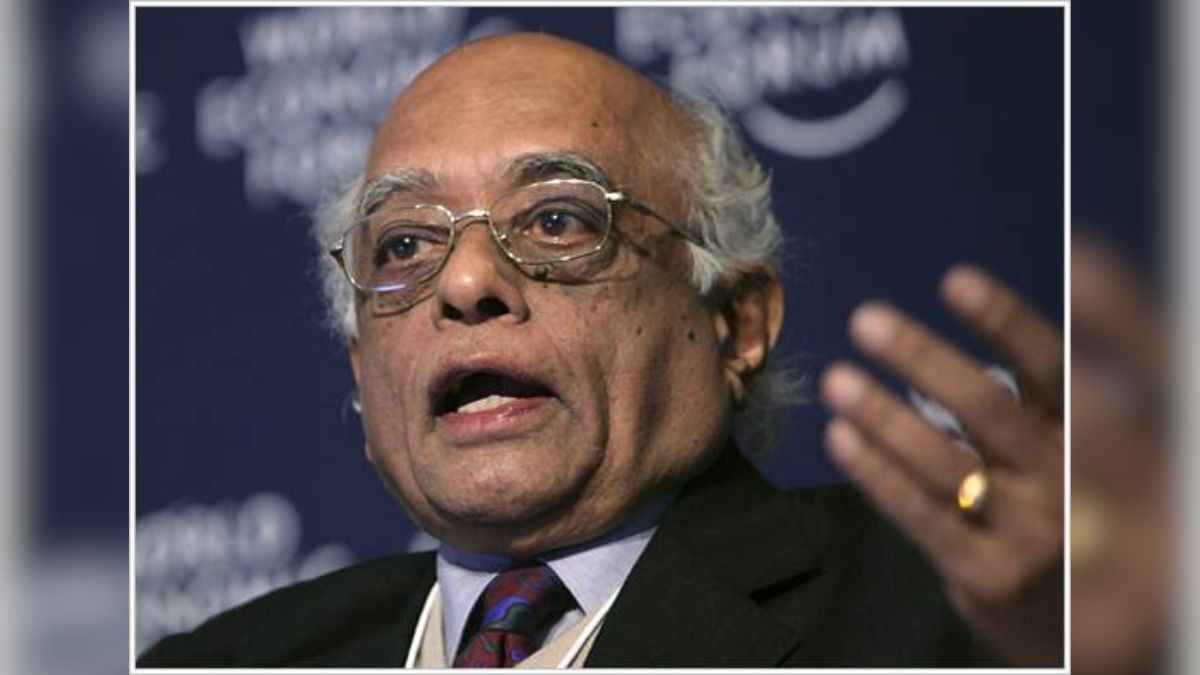) |
|
Dr. Rajagopala Chidambaram's passing marks the end of an era in Indian science and security. His legacy extends far beyond his instrumental role in India's nuclear program; he was a visionary leader who championed scientific advancement for national development. His contributions were multifaceted, encompassing nuclear physics, materials science, supercomputing, and even rural technology. Understanding his impact requires examining his key roles and the enduring influence of his work.
Chidambaram's most prominent contribution undoubtedly lies in his pivotal role in India's nuclear tests. His involvement began with the 1974 Pokhran-I test, a peaceful nuclear explosion that demonstrated India's capability. However, his leadership during the 1998 Pokhran-II tests, which involved multiple nuclear detonations, solidified India's position as a nuclear weapons state. He skillfully navigated the complex political and technological challenges, ensuring the success of these tests and effectively positioning India on the world stage as a significant nuclear power. This achievement redefined India's strategic landscape and significantly enhanced its international standing. The technical expertise and organizational skills he demonstrated were crucial in overcoming immense logistical hurdles and maintaining secrecy amidst international scrutiny.
Beyond the realm of nuclear weapons, Chidambaram made significant strides in various fields. His deep understanding of physics, particularly high-pressure physics, crystallography, and materials science, provided a foundation for advancements in these crucial areas in India. He fostered the growth of materials science research, laying the groundwork for future innovations. Furthermore, his vision extended to broader national development initiatives. He played a critical role in the development of indigenous supercomputers, a crucial step towards achieving technological self-reliance. The establishment of the National Knowledge Network (NKN), which aimed to connect research and educational institutions across the country, reflects his commitment to fostering collaboration and knowledge sharing. This initiative significantly improved research capabilities and helped bridge the gap between academic institutions and practical applications.
Chidambaram's dedication to applying science for the betterment of society is evident in his numerous initiatives. His involvement in rural technology programs, such as the Rural Technology Action Groups, showcases his commitment to addressing rural development challenges. His work on electronic security and the Society for Electronic Transactions and Security highlights his foresight in anticipating the growing importance of cybersecurity and digital security. These initiatives underscore his holistic vision of national development, emphasizing the importance of technological advancements in various sectors, including agriculture and digital infrastructure. This multifaceted approach is a testament to his profound understanding of the interconnectedness of scientific progress and societal well-being.
His leadership roles within India's scientific community were equally significant. As Director of the Bhabha Atomic Research Centre (BARC), Chairman of the Atomic Energy Commission (AEC), and Secretary of the Department of Atomic Energy (DAE), he shaped the direction and trajectory of India's nuclear program and broader scientific landscape. His tenure as Principal Scientific Adviser to the Government of India further highlighted his influence on national policy related to science and technology. His contributions extended internationally through his roles at the International Atomic Energy Agency (IAEA), demonstrating his global recognition and impact. His mentorship of countless scientists and engineers further cemented his influence on future generations of Indian scientists.
Dr. Chidambaram's awards, including the Padma Shri and Padma Vibhushan, are a testament to his outstanding contributions to India. His honorary doctorates from various universities and fellowships in prestigious Indian and international science academies further confirm his stature as one of India's most distinguished scientists. However, his legacy transcends these awards and honors. He embodied a spirit of scientific inquiry, national commitment, and a deep dedication to applying scientific knowledge for societal progress. His enduring contributions will continue to shape India's scientific landscape and strategic position for years to come. His life serves as an inspiration to aspiring scientists and leaders, showcasing the transformative power of scientific innovation when coupled with a vision for national development.
Source: What was the contribution of Dr Rajagopala Chidambaram to making India a nuclear weapons state?
